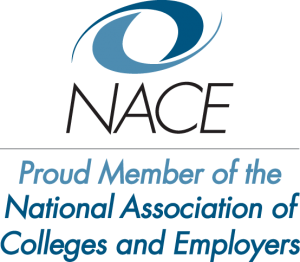A book you’ve read at least once in your life – and need to read again – is Victor Frankl’s Man’s Search for Meaning. Frankl describes his time in a World War II Nazi death camp, and how, while nearly everything he has is taken from him, he survives by discovering the purpose of life – to search for meaning that is at once a universal concept and unique to each of us. To Frankl, we experience meaning in everyday moments when we interact authentically with our environment and those around us, give back to the world through self-expression, and preserve and adapt in situations that challenge us. This raises the question – where and how can we find those moments that lead us to meaning?
We can move towards greater meaning through our family, friends, and spirituality. But, we can also find it through the work we do. For most of us, we spend more time working than any other single activity – so why not make it count? As Victor Frankl once noted, “Ever more people today have the means to live, but no meaning to live for.” What if our work provided both?
PathwayU draws from two foundational theories of vocational psychology. Holland’s Theory of Career Choice proposes that when we work in occupations that match our core interests, we find the work highly engaging – we find joy and purpose in the work itself. Dawis and Lofquist’s Theory of Work Adjustment proposes that it is the fit between our needs and what the job or organization provides that makes work highly satisfying – we find meaning and purpose in the work itself. For example, I value making my own decisions and being in an environment that provides me opportunities to succeed. When I have a job and employer that provides that, I wake up every day excited to go to work.
PathwayU assessments allow students and job seekers to understand their work interests and work values, and then matches them to occupations that enable them find joy, purpose, and meaning in their lives. They move from working for a living to living through work. When we interact authentically with our work environment, we find our work interesting and engaging. We may be so absorbed we don’t notice the clock struck 5:00. When our organization’s values match our own, we feel a higher purpose. For example, employees at International Paper do not see their jobs as making and distributing paper products, they are mobilizing people, products, and renewable resources to address critical needs in the communities where those employees live and work. And, finally, discovering what brings you joy, purpose, and meaning provides the motivation and means to craft your job to adapt to the environment you face everyday. If you love what you do, you’ll never have to go to work. And you will find meaning.







